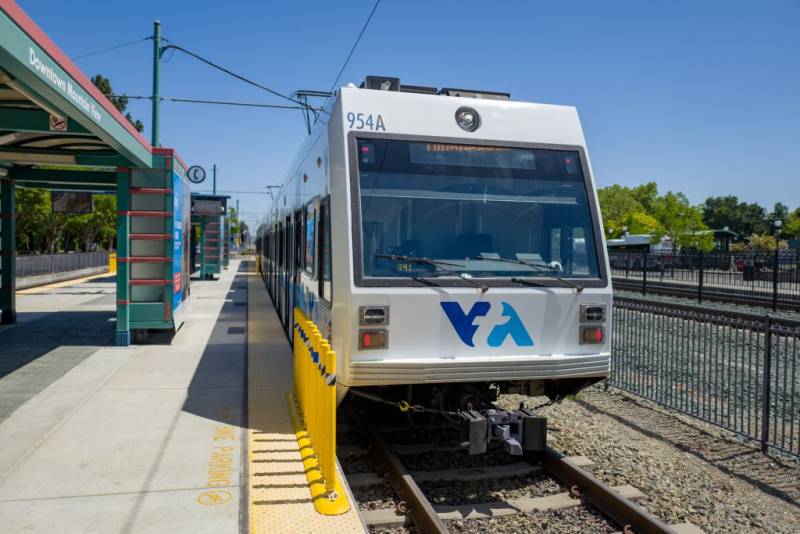The South Bay’s main transit agency has come out against a state Senate bill that would pave the way for a 2026 regional tax measure to raise money for the Bay Area’s bus, train and ferry operators and other transportation needs.
In voting last week to oppose SB 1031, known as the Connect Bay Area Act, the Santa Clara Valley Transportation Authority board cited the possibility that putting the measure on the ballot in 2026, which other transit agencies and legislators are pushing for to plug expected budget gaps, could undercut the county’s efforts to get voters to reauthorize existing transportation sales taxes, among other concerns.
Jim Lawson, the VTA’s chief of external affairs, said Santa Clara County sales taxes raise about $900 million a year for transit and transportation in the Bay Area’s most populous county.
“If we do not have the ability to say whether or not this is the right time to put something (new) on the ballot, we have a serious existential problem,” Lawson told the board.
Lawson did not clarify the district’s concerns about the potential election date, and a VTA representative said Monday that the agency “is not prepared to address an election date at this time.”

